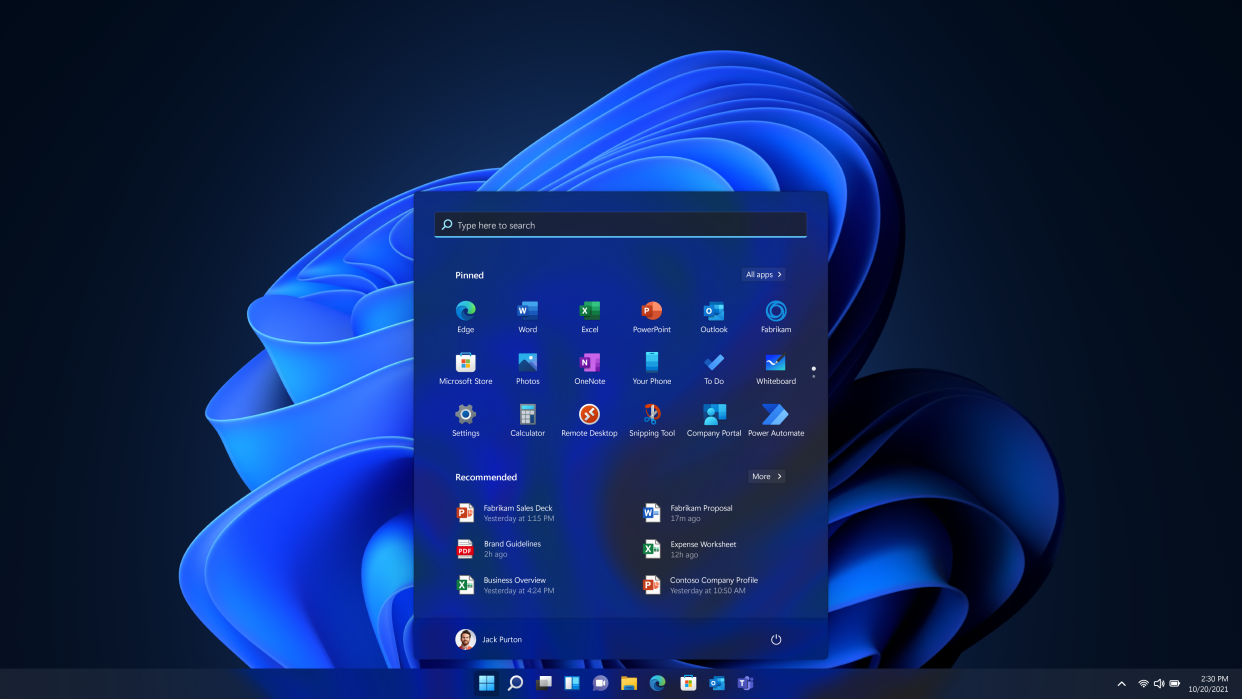Microsoft stifles third-party interface customization apps in Windows 11 Version 24H2

In a move that is sure to receive a negative reaction, it was recently discovered that Microsoft has quietly disabled third-party interface-modifying apps on Windows 11 version 24H2 RTM. While it isn't entirely unexpected for these types of customization apps to break with major updates, Microsoft has actually explicitly blocked some apps, citing stability and security issues—an assertion that a third-party app maker has disputed.
The upcoming Windows 11 version is a highly anticipated update that is expected to be released in a few months. It will have many interesting and useful features, but there may be a tradeoff as Microsoft created low-effort blocks (at least for now) for customization apps.
StartAllBack and ExplorerPatcher provide interface customization options for Windows 11, allowing users to switch to the familiar Windows 10 interface. StartAllBack, one of the well-known customization apps, showed that its executable file name is hard-blocked, indicating that Microsoft is taking steps against specific apps. When you try installing these apps, Windows 11 triggers a notice that it will not allow the installation as it causes security or performance issues. But there is an easy workaround—you can simply rename the exe file.
Irrespective of how easy it can be to circumvent, creating these types of restrictions, especially when the 'offending' app apparently doesn't create security or stability issues, always leaves a bad aftertaste. Microsoft may also resort to a more aggressive block in future releases. At the time of writing, Windows 11 version 23H2 has no problems with StartAllBack or ExplorerPatch installation.
Microsoft encourages users to switch to Windows 11, but many are hesitant due to UI changes and the mandatory Microsoft account integration (which also has a workaround). The software giant could have addressed these issues (some if not all) by providing options to switch to a Windows 10-style interface, reducing the need to rely on third-party apps (assuming legitimate security or stability concerns exist).
Microsoft may remove the blocks once Windows 11 24H2 releases, but we'll have to wait and watch how this unfolds in the near future. Many users rely on certain customization options to have an older interface or make it lightweight via apps such as Tiny11.
